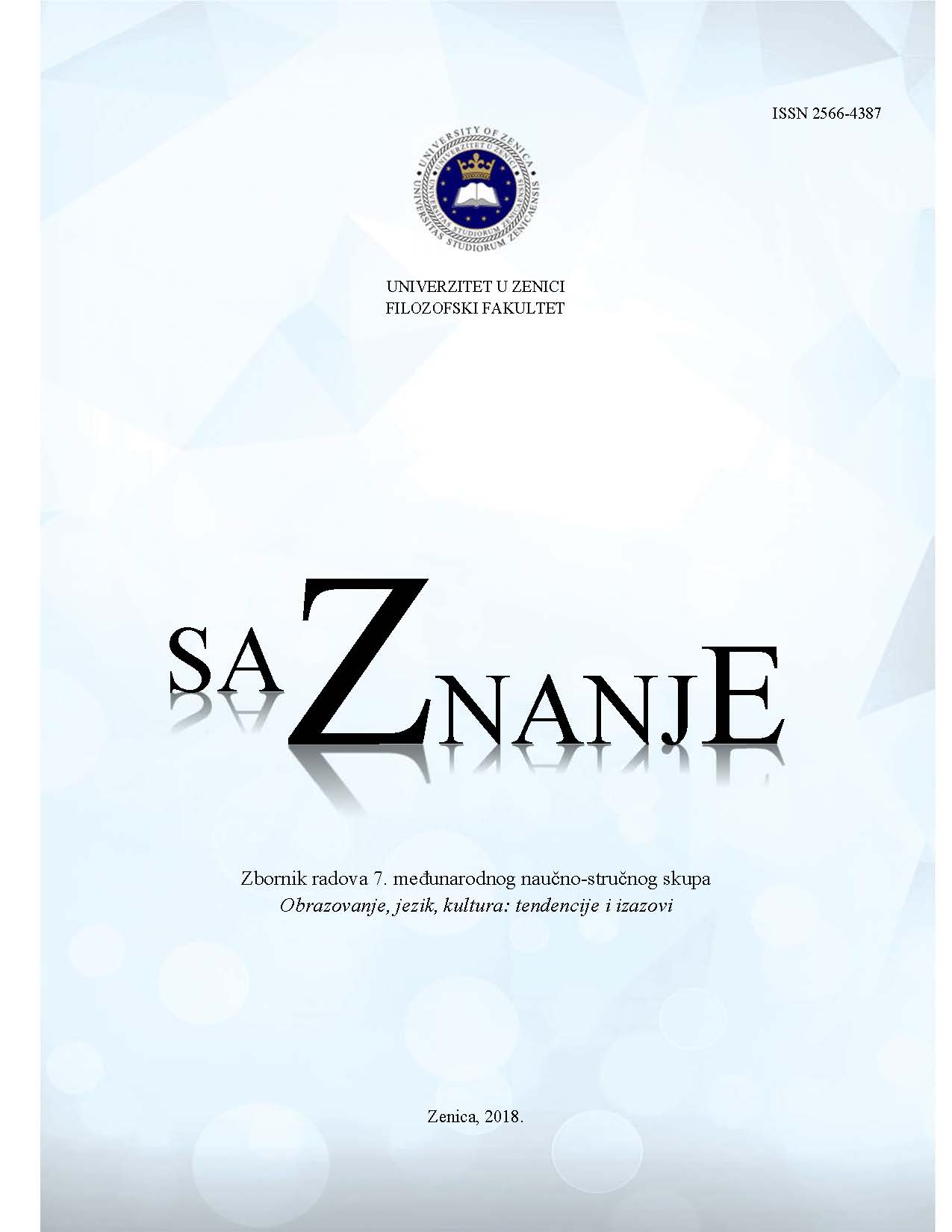IDEALNI TIPOVI U VREDNOVANJU OBRAZOVNIH EFEKATA
IDEAL TYPES IN ASSESSMENT OF EDUCATIONAL EFFECTS
Author(s): Tarik Obralić, Hanifa ObralićSubject(s): Social Sciences, Education, Sociology of Education
Published by: Filozofski fakultet, Univerzitet u Zenici
Keywords: eeducation; educational effects; ideal types;
Summary/Abstract: According to the previous knowledge and interpretations, ‘Ideal type’ stands for the unreal type, in another word, such a type does not exist in life practice. However, it can be the goal that we strive for, or even our aspiration or the measurement of practice. Ideal types are the creations of the human mind based on imagining abstractions, but their application and their emergence are still in a very close relation with concretization and empiricism. If we consider education as a very broad, complex, lasting and universal process which is essential for the survival and development of society, thus it is necessarily and spontaneously organized and systematically obtained. In case it is accomplished in an organized and systematic way, then in its essence some kind of ideal types are evident. Otherwise, it would not have to be elastic and changeable. An other assumption while posing this question is that the ideal types of human intellectual creation are more or less distant from reality (past, present or future). Those ideal types are ideas on social reality, which have a utopian and abstract character. Thus, ideal types are social creations similar to ideas of other social creations no matter what they represent in social reality. In the practice of social life, the method of ideal types has a great significance while perceiving the methods of understanding. Each process that is more or less controlled and future oriented uses necessarily ideal types in determining goals, choosing methods, determining and evaluating their achievements. Such a process is typically the process of education, especially the organized and systemic educational process. It is oriented towards the imaginary future which does not exist yet and cannot be a copy of reality. Thus it cannot be the appropriate model. It is guided and based on ideas of ideal type or even future. The implementation of the goals of educational process is achieved according to the standards of the ideal type which is created on imagination. However, it can be concrete for the practical purposes. In general, the ideal type of effects of education can be defined as the level of education in the society and the social effect that such education produces.The traditional measure is the literacy of a society (in regards to literacy ratio, age, society), as well as levels of literacy measured by the specificity of written expression and the use /understanding of written statements. It is obvious that nowadays this implies the notion of computer and the Internet literacy. However, literacy itself is a significant and it is instrumental part of education, but it is not its most important measure.
Journal: saZnanje
- Issue Year: 1/2018
- Issue No: 1
- Page Range: 79-86
- Page Count: 8
- Language: Bosnian

